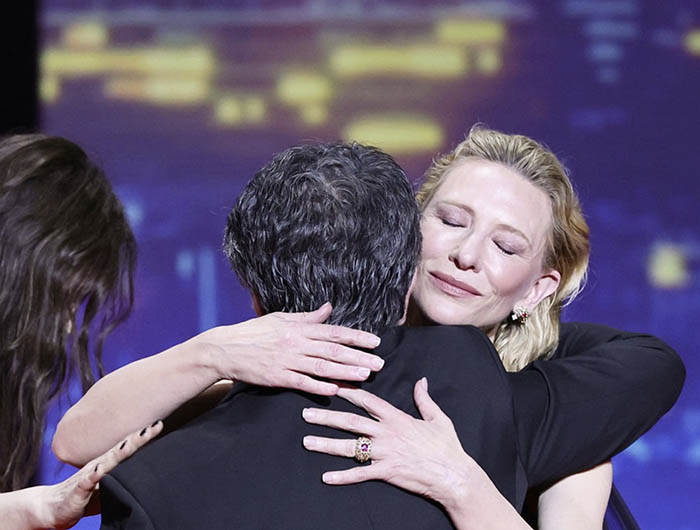Golshifteh Farahani and Zar Amir Ebrahimi: A Deep Dive into Their Latest Works

The Provocative Nature of “De rockstar à tueur : Le cas Cantat”
The Netflix series “De rockstar à tueur : Le cas Cantat” not only engages viewers through its dramatic narrative but also invites them to reflect on the complexity of celebrity culture and its moral implications. The series centers around the life of Bertrand Cantat, a figure whose career was marred by scandal and criminality. By examining the psychological, social, and cultural ramifications of his actions, the series poses essential questions about the nature of fame, accountability, and the societal fascination with flawed public figures.
Navigating Morality in Celebrity Culture
During the interview, Golshifteh and Zar discussed the intricate themes explored in the series, particularly the moral ambiguities surrounding celebrity. Zar pointed out that “we often idolize individuals without fully understanding their past or the consequences of their actions.” This reflection encourages viewers to think critically about their own responses to celebrity culture and the often-unquestioned admiration that accompanies fame.
Golshifteh echoed this sentiment, adding that “the series compels us to grapple with the uncomfortable truth that public persona and private reality can be starkly different.” In doing so, the show serves as a mirror to society, prompting audiences to consider the broader implications of their idolization of figures who are not always deserving of such veneration.
The Snapshots of a Changing Society
Both actresses also highlighted how their recent projects, including “De rockstar à tueur : Le cas Cantat” and “Lire Lolita à Téhéran,” serve as snapshots of a changing society. These works reflect the evolving conversations surrounding gender, power, and the complexities of the human experience in the modern world.
By addressing such themes, they contribute to a vital discourse on accountability, resilience, and the quest for justice in contemporary society. Arts like film and literature can bring forth uncomfortable truths, engaging viewers and readers in discussions that might otherwise remain unspoken.




